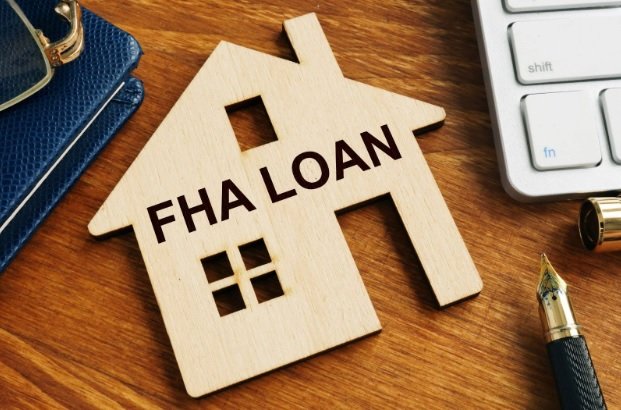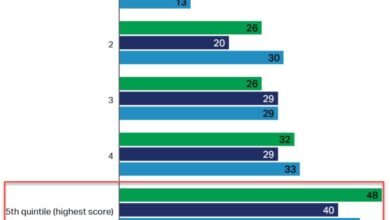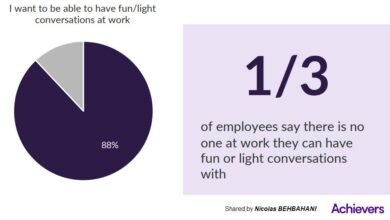
By | John Preston
FHA loans can be helpful for first-time homebuyers, but you don’t have to buy a first-time home to qualify. They can also be a good option if your credit isn’t perfect, since FHA loans have an easier qualifying process than most conventional home loans.
But you should be aware that FHA loans do have some drawbacks. There is a limit to how much you can borrow, and if you’re getting an FHA loan to take advantage of the low down payment, you’ll need to purchase mortgage insurance, which can make FHA loans more expensive than other types of mortgages. .
What is an FHA loan?
An FHA loan is a type of mortgage insured by the Federal Housing Administration that can allow you to make a down payment as low as 3.5% and has less restrictive credit requirements than many conventional mortgage loans.
You can use FHA loans to buy a home, refinance your mortgage, or renovate a home.
You’ll still need to apply with traditional financial institutions like banks and credit unions, since those institutions service the loans. And while FHA loans are federally insured, that protects the lender, not you, in case you default on the loan.
What are the requirements for an FHA loan?
When you apply for an FHA loan, your lender must follow certain regulations. The loan process will vary based on your credit score and down payment amount.
To qualify for an FHA loan, you must meet the following rules.
- Minimum Credit Scores — You will need minimum credit scores of at least 580 to qualify for a loan with a 3.5% down payment. You will need minimum credit scores of 500 to qualify for one with a 10% down payment.
- Mortgage Type — You must also purchase, refinance, or renovate a home that has one to four units and plan to use the residence as your primary home.
- Debt-to-income ratio — Your total monthly debt payments, including any mortgages, generally can’t be more than 43% of your gross income.
- Finance — Your lender will check your credit and income, as well as the value of the property you want to buy.
Please note that interest rates and loan terms may vary. You should shop around to see which lender offers the most favorable terms for your situation.
What are the types of FHA loans?
If you’re thinking about applying for an FHA loan, you have a few options to consider.
- FHA Basic 203(b) Home Mortgage Loan — This option provides mortgages from participating lenders to purchase or refinance a single-family home or a multi-family property for homes of one to four units.
- FHA 203(k) Program — If the home you want to buy needs some work, this program provides up to $35,000, included in a mortgage toward a home purchase or refinance (to rehab).
- Permanent Construction Loan — If you don’t want to buy an existing home, an FHA loan can also help you finance the purchase of a home you build.
- Energy Efficiency Mortgage — This program allows you to make “cost-effective” energy improvements to your home, either for a new home or to refinance your current loan.
Many different lenders offer FHA loans. The Department of Housing and Urban Development offers a Lender Search List on its website where you can search for lenders. You can search by the name of a specific lender, by location, or by type of lender.
How do FHA loans work?
If you think an FHA loan might be a good fit for you, you can start saving for a down payment and research potential lenders with HUD’s search tool.
Once you’re ready to apply, there are a few things you’ll want to keep in mind.
Advantages of FHA Loans
- Low down payment requirements — You may be eligible for an FHA loan with a down payment as low as 3.5% if you have credit scores of at least 580. (You may be required to put down a 10% down payment if your credit score is between 500 and 579).
- Allowable Down Payment Assistance — FHA allows financial gifts or down payment assistance as long as you meet FHA requirements. Not all conventional loans allow gifts for a down payment.
- No good credit required — FHA allows loans with credit scores as low as 500. That can be helpful if your credit history is shaky.
- Sellers Can Help With Closing Costs on an FHA Loan — FHA allows home sellers to pay up to 6% of a loan’s closing costs. Conventional lenders may limit a seller’s contribution to 3% of closing costs, although some allow sellers to pay up to 6%.
Disadvantages of FHA Loans
- Mortgage insurance can be expensive. You may have to pay a price for making a small down payment. You will have to pay a single mortgage insurance premium up front, as well as an annual premium that is collected in monthly installments. The single premium is generally equal to 1.75% of the home’s purchase price and can be financed by the mortgage or paid in cash, but not a combination. The annual premium depends on the amount of your loan and the loan-to-value ratio.
- There is a limit to the amount you can borrow. FHA sets loan limits based on median home prices in metropolitan areas and counties. As of July 2020, the FHA maximum for a single-family home in a “low cost area” is $331,760, while in a “high cost area” the maximum is $765,600. Alaska, Hawaii, Guam and the Virgin Islands are exceptions with a maximum of $1,148,400 per single family home. These loan limits change periodically, so be sure to check for current information. The Department of Housing and Urban Development has a search tool on its website to identify mortgage limits by county and state, so you can find out how much you can borrow where you live.
- Do you have good credit? Consider other options. If you have strong credit and don’t have enough money for a large down payment, you may want to consider other options because of the mortgage premiums on FHA loans. Just keep in mind that if you don’t make a down payment of at least 20%, you’ll probably have to pay for private mortgage insurance, or PMI.
What are some alternatives to FHA loans?
If you’re not sure if an FHA loan is right for you, there are a few other options to consider.
- Conventional loan — A conventional loan means that your mortgage is not part of a government program. There are two main types of conventional loans: conforming and non-conforming. A conforming loan follows guidelines set by Fannie Mae and Freddie Mac, such as maximum loan amounts. A non-conforming loan may have more variability in eligibility and other factors.
- USDA loan — A USDA loan, also called a rural development loan, may be an option for people with low to moderate incomes who live in rural areas. They can be attractive because they offer zero down payments, but you’ll have to pay a surcharge and mortgage insurance premiums up front.
- VA Loan — VA loans are made to eligible borrowers by private lenders, but are insured by the Department of Veterans Affairs. You may be able to make a low down payment (or even no down payment at all). You will probably have to pay an up-front fee at closing, but monthly mortgage insurance premiums are not required.






